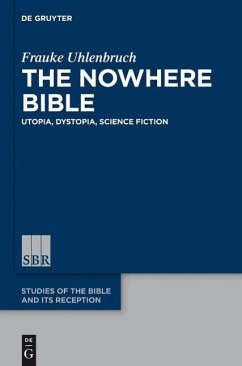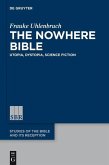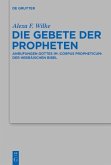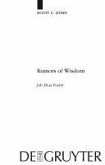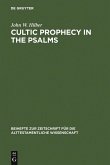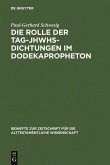The Bible contains passages that allow both scholars and believers to project their hopes and fears onto ever-changing empirical realities. By reading specific biblical passages as utopia and dystopia, this volume raises questions about reconstructing the past, the impact of wishful imagination on reality, and the hermeneutic implications of dealing with utopia - "good place" yet "no place" - as a method and a concept in biblical studies.
A believer like William Bradford might approach a biblical passage as utopia by reading it as instructions for bringing about a significantly changed society in reality, even at the cost of becoming an oppressor. A contemporary biblical scholar might approach the same passage with the ambition of locating the historical reality behind it - finding the places it describes on a map, or arriving at a conclusion about the social reality experienced by a historical community of redactors. These utopian goals are projected onto a utopian text.
This volume advocates an honest hermeneutical approach to the question of how reliably a past reality can be reconstructed from a biblical passage, and it aims to provide an example of disclosing - not obscuring - pre-suppositions brought to the text.
Dieser Download kann aus rechtlichen Gründen nur mit Rechnungsadresse in A, B, BG, CY, CZ, D, DK, EW, E, FIN, F, GR, HR, H, IRL, I, LT, L, LR, M, NL, PL, P, R, S, SLO, SK ausgeliefert werden.

